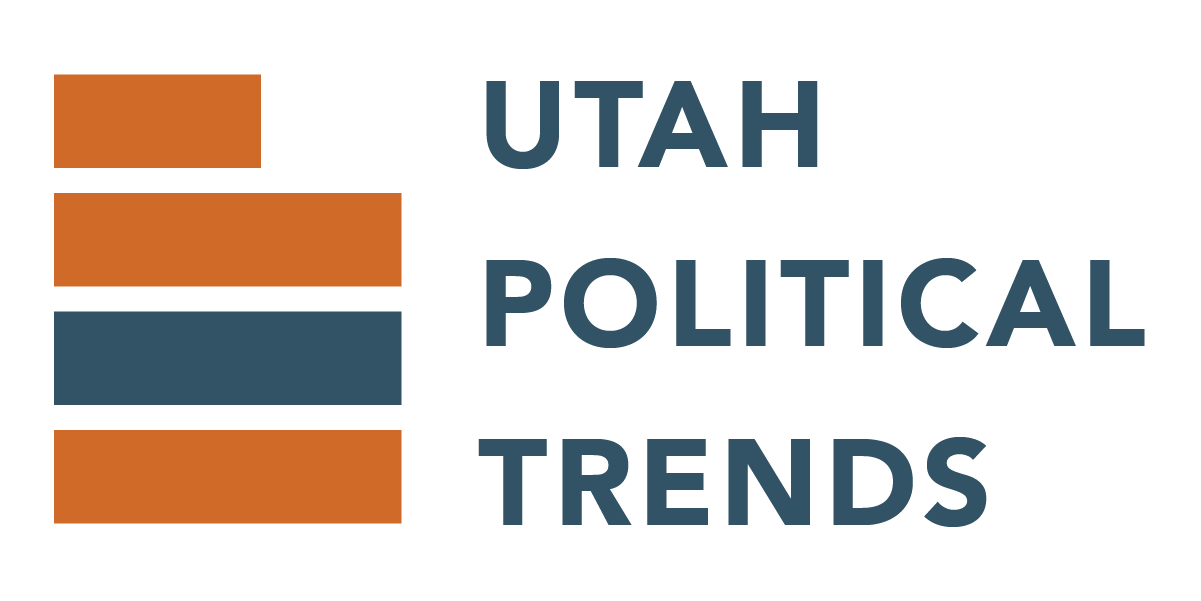Introduction:
In times of frightening state crises, citizens tend to look to highly visible government leaders for stability and direction. Their deference or adoration may fall upon different kinds of government leaders, such as governors, senators, or mayors. One can also expect presidents to receive lots of love right after the onset of national crises. In political science, we call this the “Rally ‘Round the Flag” effect: that national emergency results in increased feelings of patriotism and solidarity, manifest in skyrocketing presidential approval ratings. The world has experienced more than a few crises in 2020. The Rally ‘Round the Flag effect model would predict that world leaders might expect a groundswell of national support in the face of these crises. Many world leaders have indeed experienced just that; President Trump is not one of them.
In this piece, we discuss how America’s unique political landscape, as well as the President’s peculiar rhetoric, has kept President Trump’s approval ratings relatively low throughout the coronavirus pandemic in the United States.
Rally ‘Round the Flag, Explained:
What is the causal framework of the Rally ‘Round the Flag effect? It is that if handled diplomatically in a way that emphasizes national unity and collective values, national crises can actually be channeled into a surge in public support for the president. National crises make citizens feel anxious and vulnerable. At such times, citizens revere strong leaders who remind them of shared values and goals.
In recent American memory, the most striking example of this is probably President George W. Bush. Immediately following the 9/11 terrorist attacks on the World Trade Center, his approval ratings ascended to around 90%, some of the highest approval ratings garnered by any US President. The image of President Bush atop a fire truck with a megaphone in the aftermath of 9/11 was a powerful image to unite the nation behind his presidency.
President Jimmy Carter’s approval ratings also shot up in the face of the Iranian hostage crisis and his commitment to authorize a military operation to save the hostages, as did those of President George H. W. Bush when the US prevailed in the Persian Gulf War.
President Trump Remains Unpopular:
In contrast, President Trump’s approval did not shoot up in the face of the coronavirus pandemic in the United States. According to aggregation of polls of likely or registered voters across the country, his approval ratings rose only about 3 percentage points when the coronavirus was declared a global pandemic and when its severity in the US began to be understood. His approval rating, in fact, has not gone above 46% at any time during the pandemic, and currently sits at around 41%.
Comparatively with other presidents, Donald Trump has not experienced anything like the boon of support experienced by Presidents Carter or the Bushes. To be sure, his approval has risen slightly, but not anywhere near to the extent that other presidents have received in times of a national crisis.
Why has President Trump’s approval not shot up in the face of this national crisis as we might expect? To be fair, it might be hard to capitalize on this effect in 2020 as President Trump operates in a somewhat fraught socio-political environment of American politics that is highly polarized. It is hard enough to be a unifying voice; all the more difficult when politics is sharply stratified along party lines.
So, it might not be fair to compare changes in Trump’s approval rating to changes in approval of past presidents in dissimilar circumstances. However, we can compare changes in Trump’s approval to changes in contemporary world leaders’ approval ratings as they have similarly dealt with the pandemic. As we mentioned above, the coronavirus pandemic has seen approval ratings of other government leaders around the world rise dramatically. One notable comparison point to Donald Trump in this regard might be Prime Minister Boris Johnson of the United Kingdom. Having been infected with the virus himself in March, he quickly and forcefully changed his rhetoric of the virus to be much more somber and unifying, urging Britons to trust the NHS, stay home, and work together to overcome the pandemic. Other world leaders such as Angela Merkel of Germany, and Canada’s Prime Minister Justin Trudeau have similarly seen their approval ratings surge immediately following their responses to the pandemic.
These disparities in approval ratings can be explained by the idea of a rallying effect in times of crisis. Whereas other world leaders have evidently emphasized unity and shared purpose, President Trump has politicized the coronavirus in the United States, making it hard for many Americans to increase their support for the President as they otherwise might.
Conclusion:
President Trump’s inclination to politicize issues of national import has likely undermined his ability to garner higher approval during a national crisis. The Rally ‘Round the Flag effect is not just an interesting ‘quirk’ of public opinion. It is a reflection of a belief in a valuable informal role that lies with the president: to remind us of national unity and a shared set of values and goals. This duty becomes all the more crucial during times of danger to the nation.
